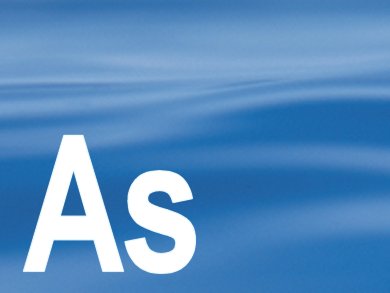High concentrations of arsenic in groundwater present health threats to millions of consumers worldwide. Particularly affected, communities in the developing world need accessible technologies for arsenic removal from drinking water.
Norma A. Alcantar, University of South Florida, Tampa, FL, USA, and colleagues investigated cactus mucilage extracted from the pads of the Opuntia ficusindica as a low cost material for arsenic removal. Two mucilage fractions were extracted from the cactus pads; a pectic gelling extract (GE) and a nongelling extract (NE). The researchers used a combination of batch tests and molecular spectroscopy to investigate the interactions with As(V).
ATR-FTIR and UV-Vis spectroscopy showed that the –CO (carboxyl and carbonyl groups) and –OH (hydroxyl) functional groups of the mucilage were involved in reacting with arsenate. The gelling extract (GE) performed better on average than the nongelling extract (NE). The pH was shown to affect the mucilage performance.
This work breaks the ground for the application of natural pectic materials to the removal of anionic metallic species from water.
- Removing Heavy Metals in Water: The Interaction of Cactus Mucilage and Arsenate (As (V)),
Dawn I. Fox, Thomas Pichler, Daniel H. Yeh, Norma A. Alcantar,
Environ. Sci. Technol. 2012.
DOI: 10.1021/es2021999




